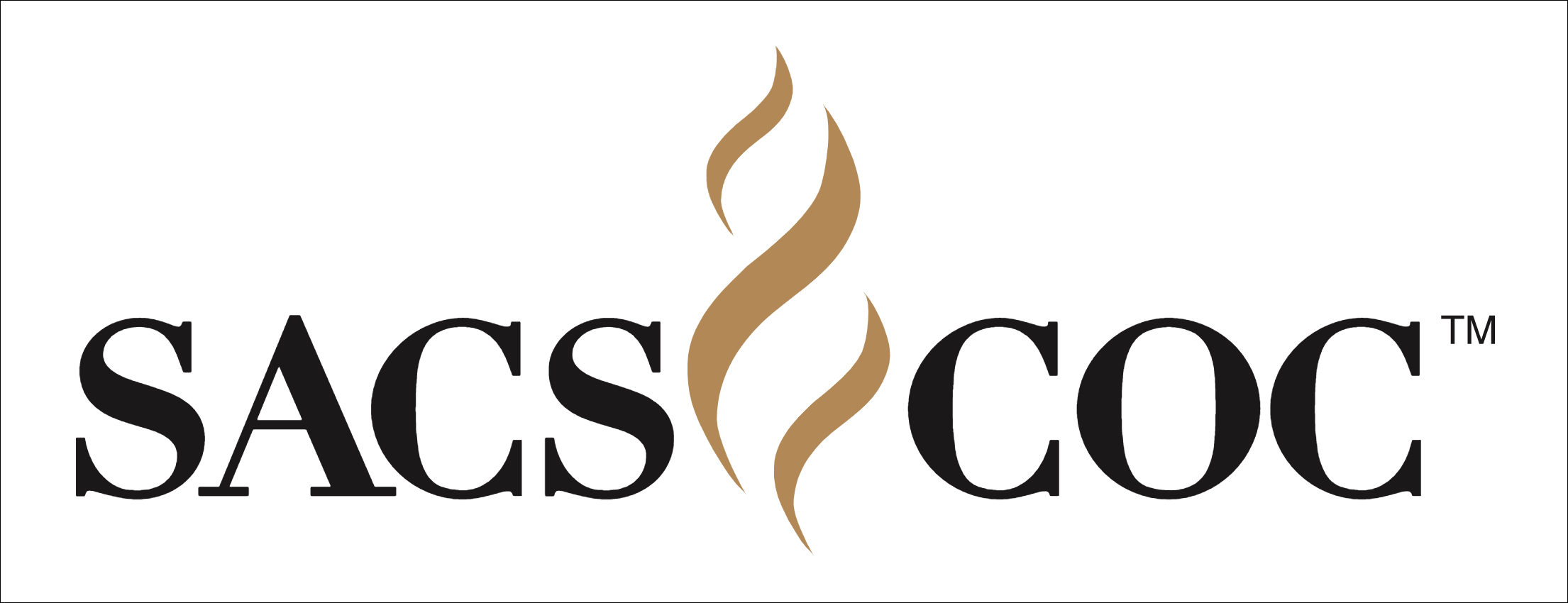What Are Accreditors Saying?

As institutions across the United States have transitioned to remote instruction over the last few weeks, a common question has circulated: why not simply cancel classes and give students full credit for their courses this term? There are are a number of reasons to prefer the current approach, but one of the most important is connected to accreditation. So to help us better understand what our accrediting body requires of us in this scenario, I’ve asked Phil Handwerk, Assistant Provost for Institutional Research, to share their most recent guidance about continuity of instruction in the time of COVID-19.
Dear Colleagues,
I hope you and your families are all well and please let me add my words of thanks for all the incredible effort you are putting forward in this unsettling time to support and educate our students.
I wanted to share guidance Wake Forest and our peer institutions have received thus far from our university accreditor, SACSCOC, during these very fluid circumstances.
First, in accordance with SACSCOC policy regarding changes to academic calendars, Wake Forest has notified SACSCOC that classes which were scheduled to resume following the published Spring Break (March 7-15) were cancelled from March 16 through March 22, and that classes resumed via “distance education” on Monday, March 23. SACSCOC defines distance education broadly as “a formal educational process in which the majority of the instruction (interaction between students and instructors and among students) in a course occurs when students and instructors are not in the same place. Instruction may be synchronous or asynchronous.”
Second, because Wake Forest is already approved by SACSCOC to offer distance learning, all that was required of Wake Forest when moving all instruction to distance education was to send an email notifying SACSCOC of our Temporary Changes to Instructional Modality. That notification has been sent and Wake Forest has received confirmation of receipt from SACSCOC.
Finally, SACSCOC has shared guidance that institutions that cancel courses for a period of time should “consider how they might ‘make up’ for lost class time. This could include an additional week of instruction but could also include the completion of assignments or projects. The institution should determine how to best maintain the integrity of the credit hour awarded under these unique and trying circumstances.” Additionally, SACSCOC shared that “If you find that you will not be able to complete the current semester/quarter, it is expected that you will make the necessary adjustments to the academic credit granted for work already completed, e.g. “I” grades, completing the semester’s work during summer, etc. All decisions must conform with your institutional policies. Full course credit when the course was not completed would demonstrate non-compliance with Standard 9.2 (Program Length), Standard 10.7 (Credit Hour), and Standard 1.1 (Integrity) of the Principles of Accreditation.”
Please let me know if you have any questions and stay well.
Phil
Further Resources
- The Southern Association of Colleges and Schools Commission on Colleges
- Coronavirus and the Commission
Subscribe
Receive CAT remote teaching updates in your inbox.
